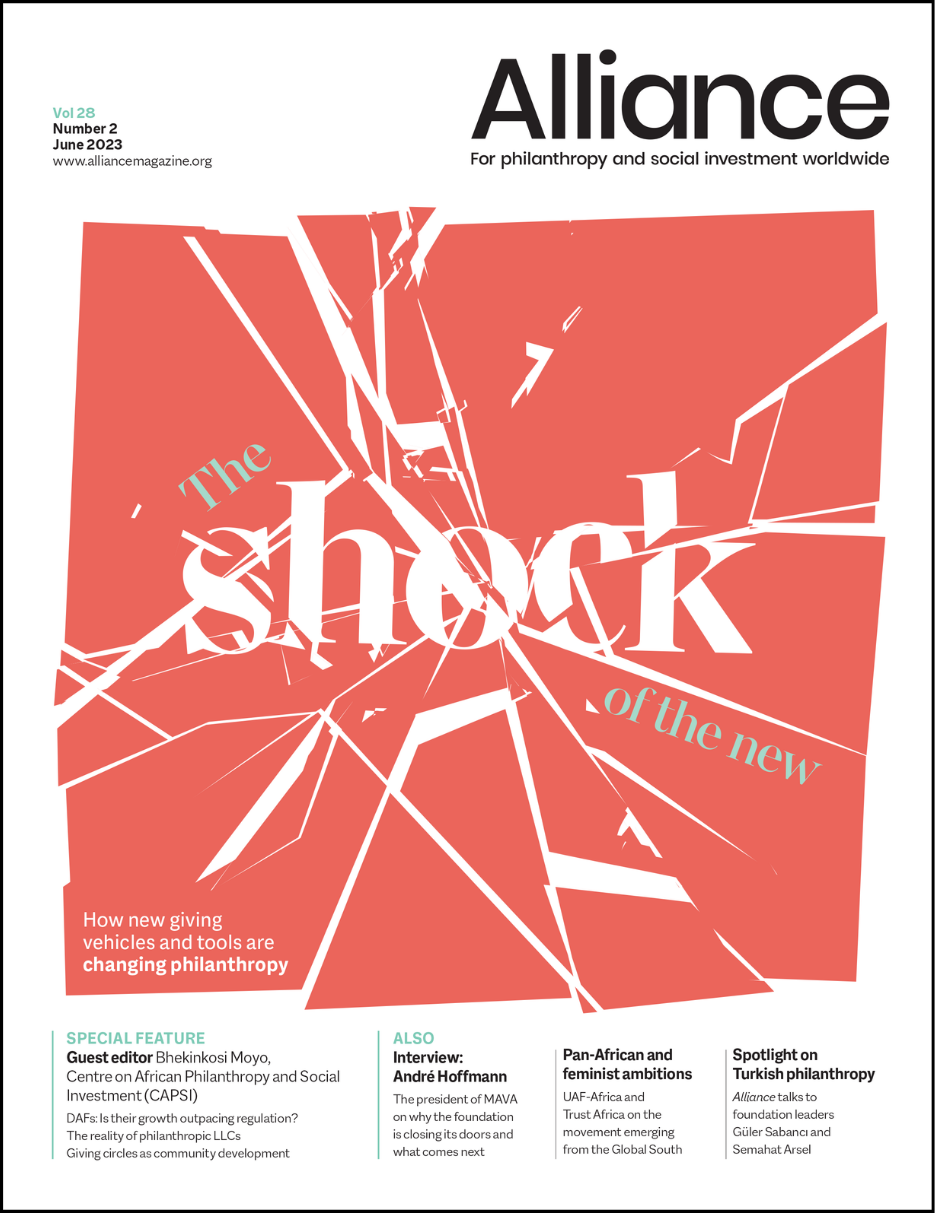Despite the apparent willingness of some limited liability company (LLC) owners to embrace openness, the model is flawed
 Mark Zuckerberg – departing from the status quo. Credit: Wikimedia Commons/CC-BY-2.0
Mark Zuckerberg – departing from the status quo. Credit: Wikimedia Commons/CC-BY-2.0
In 2015, Mark Zuckerberg, chief executive of Facebook, and his partner, Priscilla Chan, announced their intention to give away 99 per cent of their shares in Facebook – then worth some $45 billion – to the newly created Chan Zuckerberg Initiative. Media accounts celebrated the couple’s commitment as ‘one of the world’s largest philanthropic gifts’. But the Chan Zuckerberg Initiative (CZI) was not a traditional grantmaking foundation or a tax-exempt charity in any form. Instead, the couple’s philanthropic initiative was an LLC, one of the most common legal forms among for-profit businesses but, until recently, a rarity in philanthropy.
Rare but not unique. Both Pierre Omidyar, and his wife, Pam Omidyar (the Omidyar Network) and Laurene Powell Jobs (the Emerson Collective) founded philanthropic LLCs in 2004. The Omidyar Network combined an LLC with a private foundation to make both charitable contributions and impact investments. Powell Jobs opted for the LLC form with the aim of funding entrepreneurs who ‘can find solutions that might not occur to a non-profit’. When these organisations make grants to college mentoring or violence prevention programmes, they resemble traditional 501(c)(3) foundations. But when they buy a 20 per cent stake in the Washington Wizards or lead an investment round in supersonic jets – both of which Powell Jobs did between 2017 and 2019 – they make a clear break from the familiar philanthropic mould.
Subscribe now from only £45 a year!
This article is only available for our subscribers
Existing users can login here






